From the Desk of Eagles Outsider Barry Bowe
Snooze-Fest
For any of you who tried to stay awake watching last night’s 14-3 snooze-fest between the Vikings and Steelers, let me tell you the way it used to be in the “Old Days.”
When I was growing up, we all knew it was the beginning of football season when the College All Stars took the field against last year’s NFL champs at Soldier’s Field in Chicago. It was a charity affair pitting the pros against an all-star team comprised of rookies who were college seniors the year before.
Trying to Win
The biggest difference between the College All-Star Games of yore and the Hall of Fame Games of today is that the players on both teams were trying to win the game. There was fierce pride on both sides. The pros didn’t want to be humbled by the college kids, and the college kids wanted to show the pros that they belonged in the NFL.
That – plus the starters played the whole game and not just one quarter.
Such games were played 42 times over the years between 1934 and 1976. The pros won 31 times and the All-Stars won nine times. Two games wound up tied and one was called in the third quarter due to a fierce rain storm.
The game lost favor during the Super Bowl era because both the NFL teams and their coaches wanted to stop “lending” their high draft choices to the All-Star team. They wanted their players in camp, learning their system, and avoiding injury in a game that had no meaning to their teams.
Notables
Future President Gerald Ford played for the All-Stars in 1935.
Here’s a partial list of some of the game’s MVPs:
- 1946 – Crazylegs Hirsh, Michigan running back
- 1950 – Choo-Choo Justice, North Carolina RB
- 1952 – Babe Parilli, Notre Dame QB
- 1957 – John Brodie, Stanford QB
- 1958 – Bobby Mitchell, Illinois RB
- 1961 – Billy Kilmer, UCLA QB
- 1962 – John Hadl, Kansas QB
- 1964 – Charley Taylor, Arizona State RB
- 1965 – John Huarte, Notre Dame QB
- 1967 – Bubba Smith, Michigan State DE
- 1968 – Larry Csonka, Syracuse RB
- 1973 – Ray Guy, Southern Mississippi P
Eagles
The Philadelphia Eagles played against the College All-Stars three times:
• August 22, 1949 – A crowd of 93,780 showed up at Soldier’s Field on a perfect night for football. Oklahoma’s Bud Wilkinson was coaching an All-Star team that featured two rookies who would one day play prominent roles in Eagles football – Norm Van Brocklin and Chuck Bednarik.
Steve Van Buren capped a drive that started in the first quarter and ended early in the second with a one-yard run to take a 7-0 lead.
The All-Stars went three-and-out after Van Brocklin threw three straight incompletions. The subsequent Eagles drive stalled, but Cliff Patton kicked a 32-yard field goal to make it 10-0.
On the All-Stars next possession, the Eagles forced a punt – which Pete Pihos blocked. Four plays later, Russ Craft ran it in from four yards out to give the Eagles a 17-0 lead.
The Eagles piled it on in the second half behind the passing and catching of Tommy Thompson to Pete Pihos and the running of Steve Van Buren. The game ended in a 38-0 shellacking of the All-Stars.
• August 11, 1950 – After winning two consecutive NFL titles, the Eagles entered the game as 14½-point favorites in front of 88,885 fans. By the way, this was the first time that the game was televised nationally.
But the All-Stars featured a fierce defense that allowed the Eagles to score just one time – on a one-yard plunge by Steve Van Buren late in the fourth quarter.
Meanwhile, diminutive quarterback Eddie LeBaron led the All-Stars on three scoring drives:
(1) Between them, North Carolina’s Choo-Choo Justice and Villanova’s Frank Pasquariello ran for 54 yards on seven plays on the game’s opening possession – with Pasquariello punching it in from a yard out and a 7-0 lead.
(2) Right before halftime, LeBaron found Justice in the clear for a 35-yard TD pass that gave the All-Stars a 14-0 lead at the half.
(3) Gordy Soltau kicked a 24-yard field goal to end the scoring with the All-Stars.
The day after the game, Eddie LeBaron reported to active duty with the Marine Corps. After his discharge in 1952, he would join the Washington Redskins – and he was the first quarterback for the expansion Dallas Cowboys in 1960.
• August 4, 1961 – After winning the 1960 NFL championship, head coach Buck Shaw and quarterback Norm Van Brocklin both retired. Trying to fill their shoes were Nick Skorich and Sonny Jurgensen.
The new alignment worked like a well-oiled machine as the Eagles pounded the All-Stars 42-20 in front of 65,000 people.
- Jurgensen went 10 of 19 for 158 yards and three TDs.
- Backup King Hill relieved Jurgensen and went 7 of 11 for 103 yards and another TD.
- Tommy McDonald caught three TD passes.
- Pete Retzlaff caught the fourth.
Future NFL stars Billy Kilmer, Bernie Casey, Bob Lilly, and Ernie Ladd played for the All-Stars. Heisman winner Joe Bellino slipped on the wet turf during warmups, pulled a muscle, and missed the game.
No Meaning
Unfortunately, the Hall of Fame Game and – for the most part the preseason itself – holds little interest to not only the fans in general, but also to the teams and players playing the games. Today, avoiding injury is of paramount importance throughout training camp – and little thought is given to winning the games.
In addition to being an official Eagles Outsider, Barry Bowe is also the author of:
- Born to Be Wild
- 1964 – The Year the Phillies Blew the Pennant
- 12 Best Eagles QBs
- Soon-to-be-published sexy, police procedural Caribbean Queen


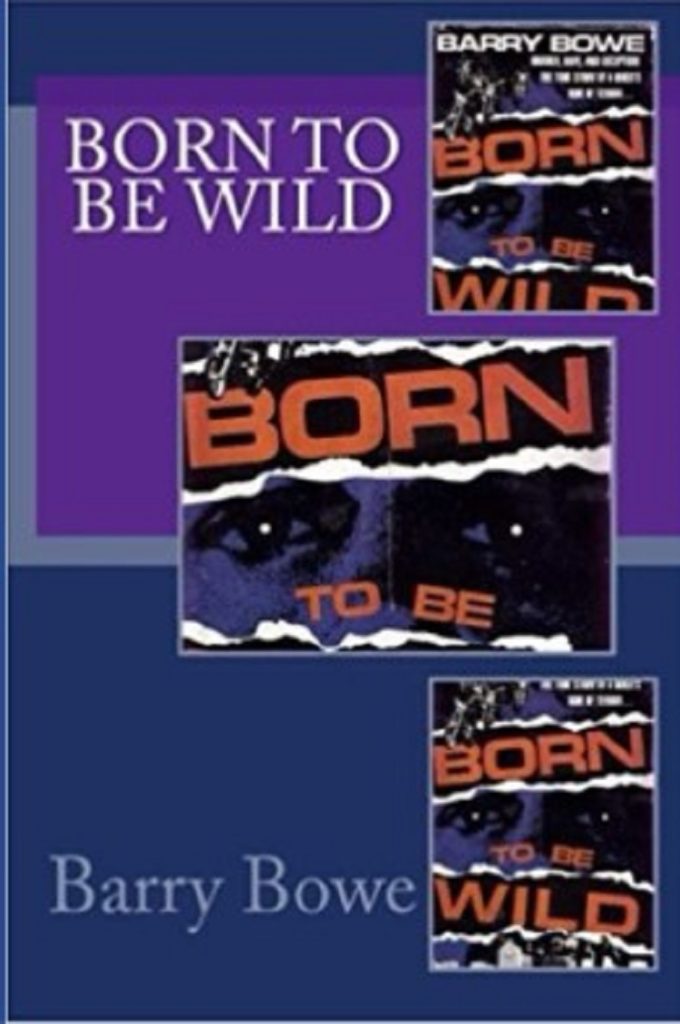
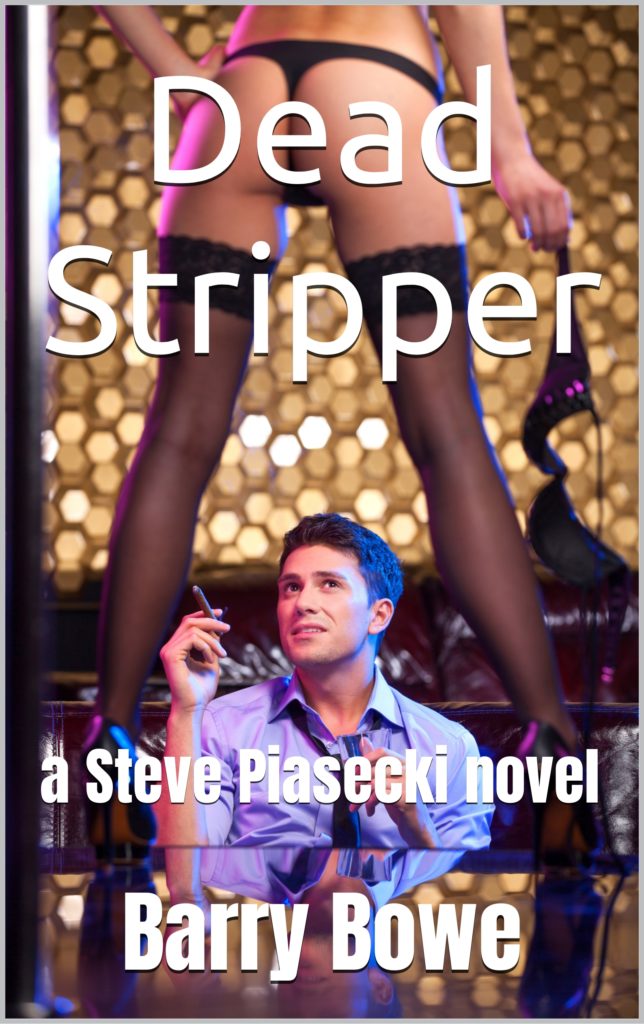
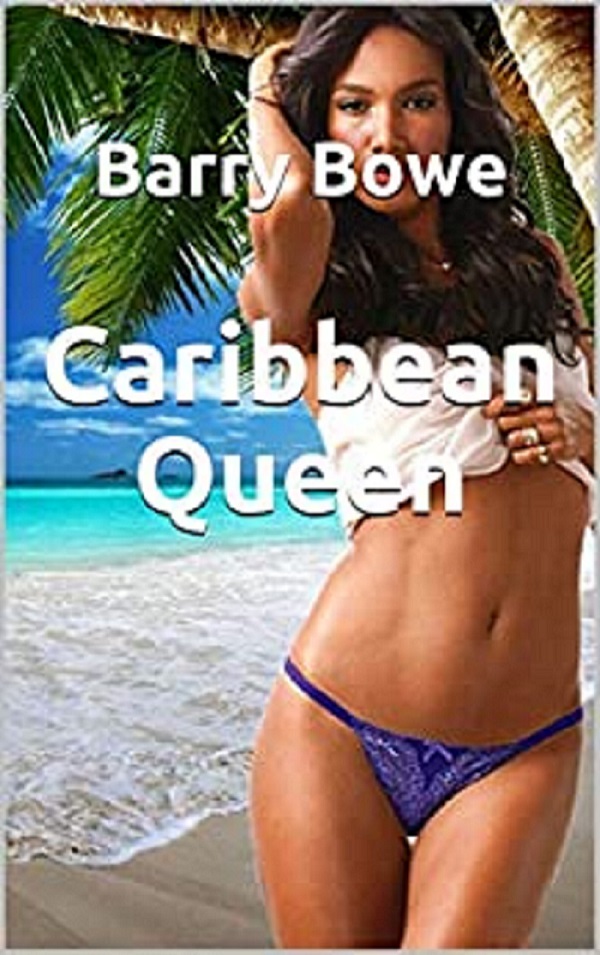
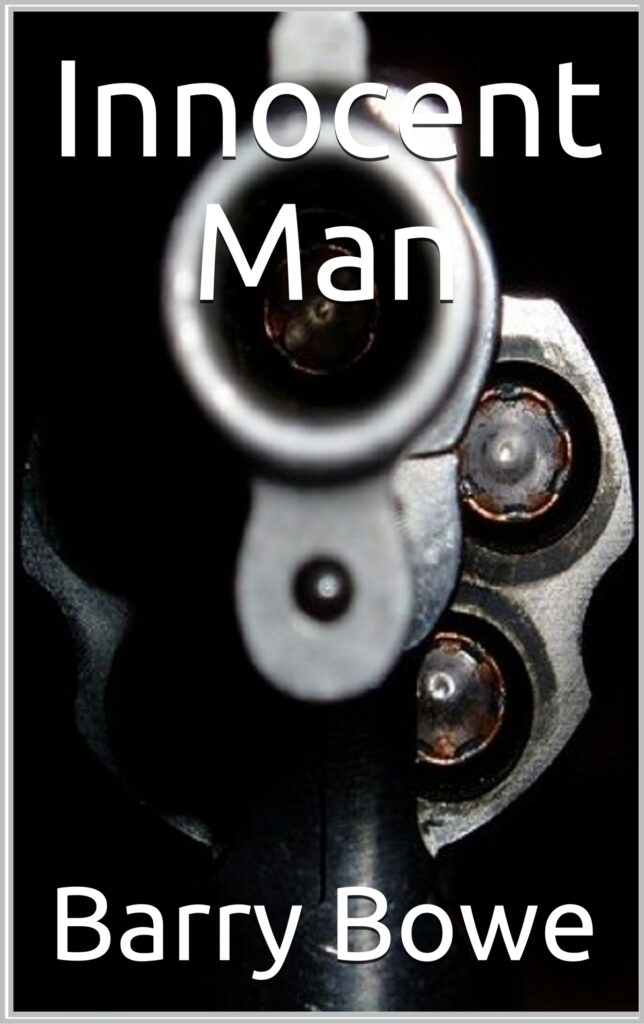
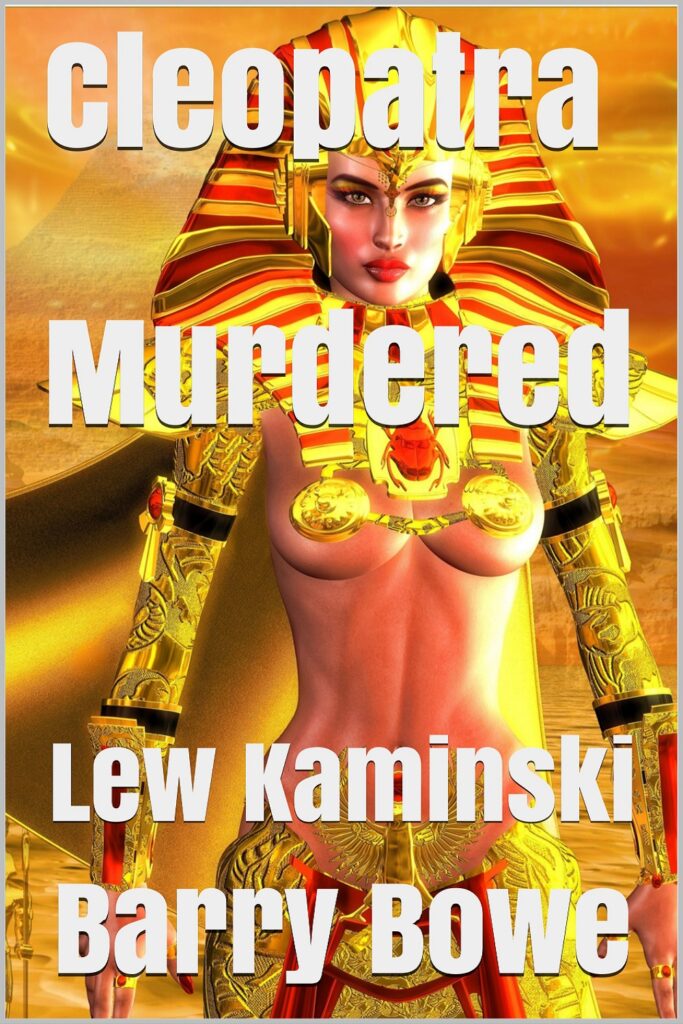
Comments
No Comments